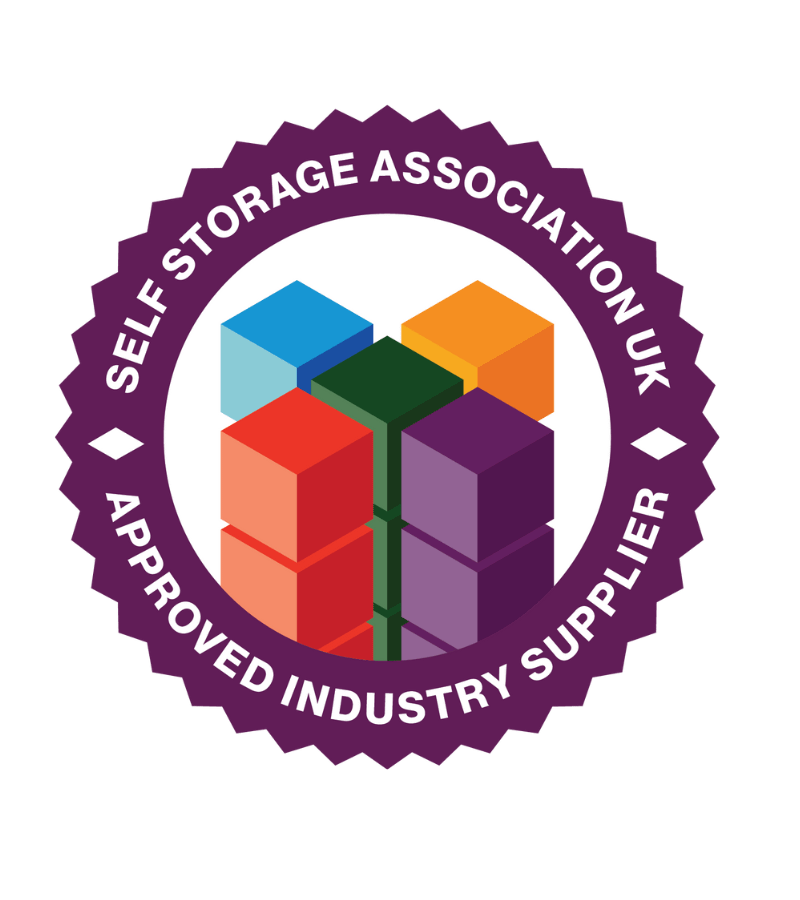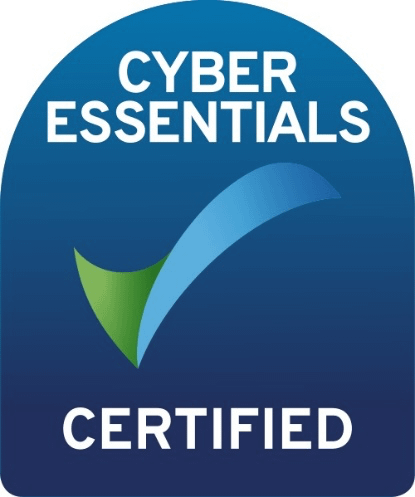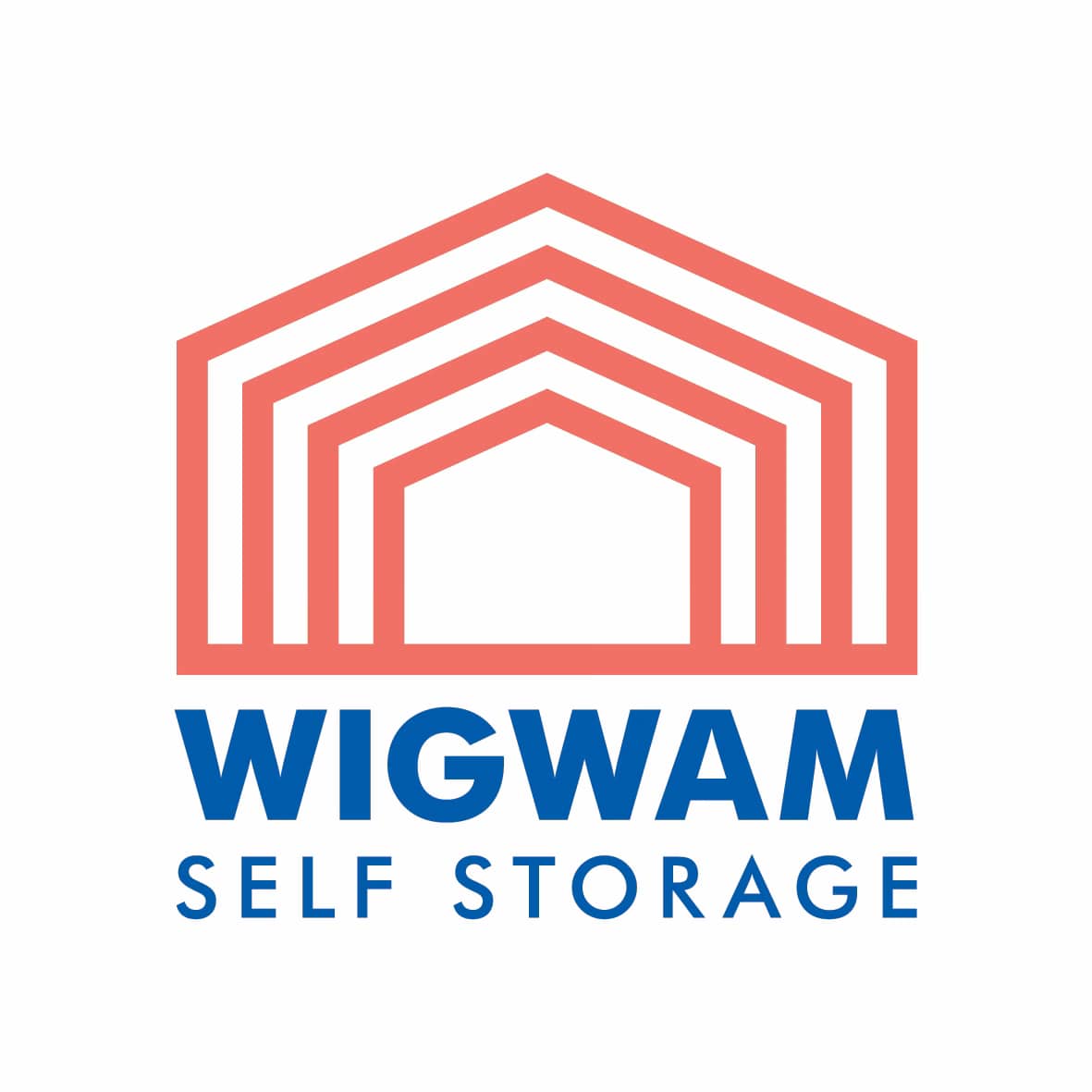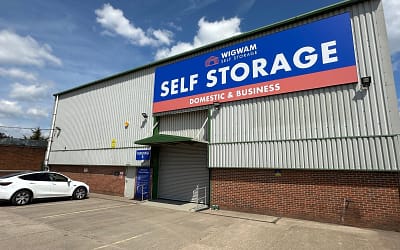The Leading Third-Party Self Storage Management Company
Partnering with Landlords, Investors, and Commercial Agents to deliver profitable, tech-enabled self storage facilities across the UK.
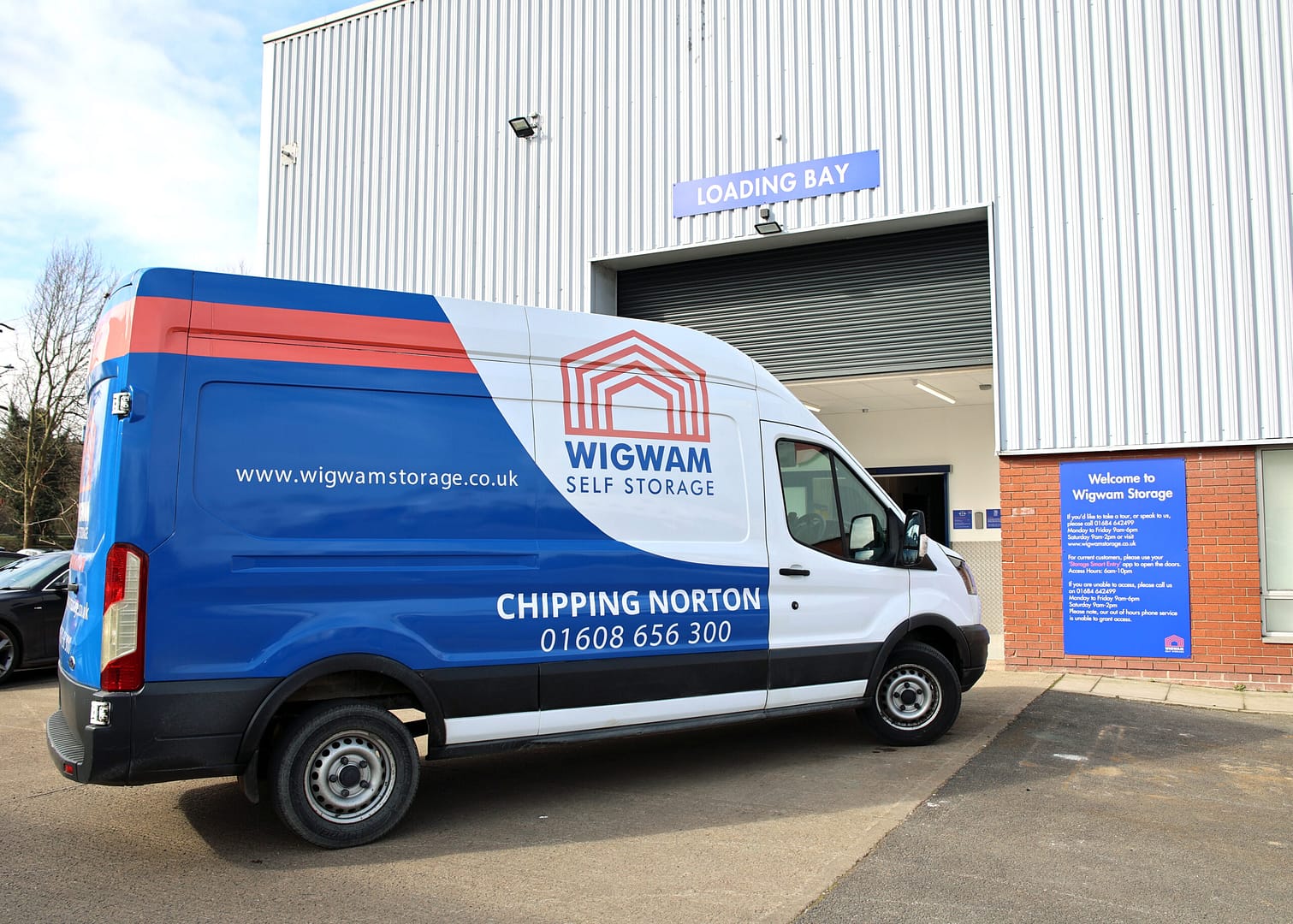
WIGWAM STORAGE MANAGEMENT
Optimising property returns through technology-led self storage.
Industry leaders
Technology-Driven Efficiency
From smart access systems to revenue management software, we streamline operations and reduce costs.
Investor & Landlord Partnerships
Structuring joint ventures and management agreements that deliver sustainable, long-term returns.
Proven Centralised Self Storage Experts
Delivering consistent performance through centralised operations, trusted expertise, and a track record of success.
Revenue Growth Strategies
Maximising occupancy, optimising pricing, and leveraging data insights to unlock sustainable revenue growth.
What Our Partners Say
Trusted by landowners, investors, and operators across the UK to deliver high-performing self storage facilities.
Since transferring across to their centralised management, we have witnessed a significant increase in customer enquiries and conversion rates.
Our partnership with WMS has greatly increased the value of the property and I am eager to continue with our successful relationship.
Wigwam Storage Management is expanding
We’re expanding our portfolio through strategic partnerships with property owners, commercial agents, developers, and investors.
Get all the latest news and insights on our blog
How Self-Storage Solves Everyday Problems – With Wigwam Storage
Space is one of the most valuable commodities today. Whether you are moving house, growing your business, or simply running out of room at home, storage pressures can quickly become overwhelming. At our sister company, Wigwam Storage, our self storage sites are...
Turning Low-Yield Land into Long-Term Income
Learn how institutional asset managers and REITs are unlocking reliable, long-term income from low-yield land — without permanent development. Modular storage is changing the game.
The Most Overlooked Commercial Asset Class in 2025
Discover why self-storage is the quiet powerhouse of 2025’s commercial property market. Ideal for developers with idle sites and an eye for scalable income.
